Referred as the "king of spices,” black pepper is one of the most widely used spices in the world. It is a vital component of many different cuisines around the globe and is used both in cooking and as a garnish.
This spice, which has a 4000 year trade history, was once one of the most widely traded goods. Black pepper has long been regarded as having important health advantages.
Table of Contents
About Black Pepper
The hotly spicy spice derived from the fruits of the perennial climbing vine Piperaceae is also known as black pepper. Black pepper is one of the earliest known spices, which is a native of the Indian Malabar Coast.
Peppercorns from the Piper nigrum plant are used to make black pepper powder, which has a pleasantly spicy flavor. Peppercorns are the ripe fruits of a Piperaceae family blooming vine. Where the cylindrical clusters of ripening berries are, the green, broad-leaved vines extend lengthy tendrils. The tiny fruits have a thin skin, little actual fruit inside, and one big seed. Depending on the type and strength of pepper wanted, the fruits are selected at various stages of maturity and processed accordingly.
Black pepper undergoes various processing steps to produce various pepper varieties. Black pepper, for instance, is made from cooked and dried unripe fruit, green pepper is made from dried unripe fruit, and white pepper comes from the seeds of the plant's ripened fruit.
Origin of Black Pepper
Although pepper originated in South India, it is also grown in other tropical nations. It has a prominent place in history and has been valued as a spice from the dawn of humanity. It was also used as money in classical Greece. Later on, it played a crucial role in the global trade of spices.
Early on in human history, pepper was widely planted in Southeast Asia's tropical regions, where it rose to prominence as a seasoning. Pepper developed as a significant overland commerce good between India and Europe and frequently served as a means of exchange; in ancient Greece and Rome, tributes were assessed in pepper. The principal distributors in Europe during the Middle Ages were the Venetians and the Genoese, and their near-monopoly on the trade sparked efforts to find an eastern sea route. The plant has been imported into tropical regions of Africa and the Western Hemisphere and is commonly grown in Indonesia.
Culinary uses of black pepper
Black pepper, which is dried and ground, is one of the most often used spices in Western cooking. It is commonly referred to as "pepper" and is a common ingredient with table salt on almost every dinner table across the world. Pepper may be kept for a long time in storage without losing its flavor and aroma because it has a comparatively low moisture content (especially when in its whole peppercorn form).
Almost all foods across the globe benefit from the flavoring effects of black pepper. It is a component of peppercorn blends, salad dressings, rubs, and spice blends. Many Arabic spice blends, such as zhoug, baharat, and berebere, notably contain pepper. It is a component of garam masala in Indian cooking.
How to use black pepper?
Cooks prefer freshly ground peppercorns over whole, cracked, and ground black pepper, which are all readily accessible. A pepper mill can be used to add freshly ground black pepper to many savory meals. When making foods like steak with a pepper crust, a coarse grind is preferred. Using a spice mill, larger quantities of peppercorns can be ground. Black pepper's flavor becomes milder when cooked. That is one of the reasons the tabletop pepper shaker is so crucial. Any cooked meal will be improved by a dash of ground pepper, applied as each diner desires.
Black Pepper Tea
In Ayurveda, black pepper tea is a popular treatment for coughs and sore throats. Pepper, ground, is the major component. For flavor, mix in ginger, lemon, honey, and other seasonings.
- Set a pan with two cups of water to boil.
- Bring it to a boil and then add ginger and freshly ground black pepper.
- After 4–5 minutes of simmering, extinguish the flame.
- Place in a cup. Serve heated after adding honey and lemon juice.
Health benefits of black pepper
Prevents cancer
Black pepper's piperine is known to prevent cancer, and when mixed with turmeric, its anti-cancer properties are amplified double. The spice also contains antioxidants including vitamin C, vitamin A, flavonoids, and carotenes that help the body fight off disease-causing free radicals and prevent cancer. To reap the most benefits from pepper, it is better to consume it raw, without cooking it with anything.
Stimulates digestion
Black pepper's piperine facilitates digestion and stimulates the stomach, which releases more hydrochloric acid that aids in the breakdown of proteins in food. Therefore, adding a little pepper to your food will actually speed up your digestion.
Cures cold and cough
Due to its natural antibacterial properties, black pepper aids in the treatment of cold and cough. It works with a teaspoon of honey and freshly ground pepper. Additionally, it aids in reducing chest congestion, which is frequently brought on by smog, the flu, or a viral illness. You can take steam from it by mixing it with hot water and eucalyptus oil. Additionally, because black pepper is high in vitamin C, it also functions well as an antibiotic.
Propels weight loss
Black pepper excels at drawing out nutrients from meals. Additionally, the phytonutrients in its outermost layer help break down fat cells and boost metabolism. When you consume fresh pepper, your body will assist you sweat by eliminating toxins and extra water. But moderation in eating is necessary; one meal's worth is just a pinch.
Improves skin
Crushed pepper is one of the best exfoliators nature has provided us? Don't use it directly though; add a bit of honey, curd, or fresh cream to it. It also enables blood circulation and provides the skin with more oxygen. Adding it to your food also takes care of unwarranted skin wrinkles. Black pepper is known to help in the cure of Vitiligo, a condition where the skin loses pigmentation and creates white patches.
Helps with depression
Black pepper's piperine is thought to aid in the treatment of depression. It activates the brain, stimulates it, and aids in normal brain function.
Helps lower cholesterol level
One of the most prevalent illnesses and the main cause of death in the world is congestive heart failure. The most common causes of this condition are high blood pressure and high cholesterol. According to studies, black pepper may help lower blood cholesterol levels.
Black pepper's piperine aids in lowering cholesterol absorption, lowers levels of "bad" cholesterol (LDL, or low-density lipoprotein), and raises levels of "good" cholesterol, or high-density lipoprotein (HDL- High-density lipoprotein). It has been established that consuming black pepper regularly has a beneficial impact on lipid regulation.
FAQs on Black Pepper
Q: What are the side-effects of black pepper?
A: When consumed orally in small doses, black pepper is. If consumed in excessive quantities at once, black pepper may leave a burning aftertaste. Black pepper can burn your eyes if it gets in them. Black pepper can make you cough when inhaled through the mouth or nose. Black pepper may raise the risk of bleeding in patients with bleeding problems when taken in doses greater than those found in food. Amounts should be adjusted for diabetics, those recovering from surgery, pregnant women, and nursing mothers based on their tolerance to drugs. People who are allergic to black pepper should absolutely avoid it.
Q: What happens if you eat black pepper every day?
A: Black pepper is a great addition to your meals. But you shouldn't have too many of them. Just 1-2 teaspoons of black pepper should be consumed daily.
Q: Can you boil black pepper?
A: You may boil black pepper in milk or water to add flavor to your drinks as well as for added health benefits.
Conclusion:
People all across the world need black pepper in their diets because it is a widely used spice. It piques our taste senses and intensifies the flavor of every meal to which it is added. With its strong flavor, this flavor enhancer is a great compliment to practically any dish.
In addition to its flavor, black pepper is rich in minerals and powerful substances like piperine. Black pepper contains a substance called piperine that has been found to have medicinal benefits. It offers a variety of advantages, including antioxidants, anti-cancer properties, and assistance with skin issues.

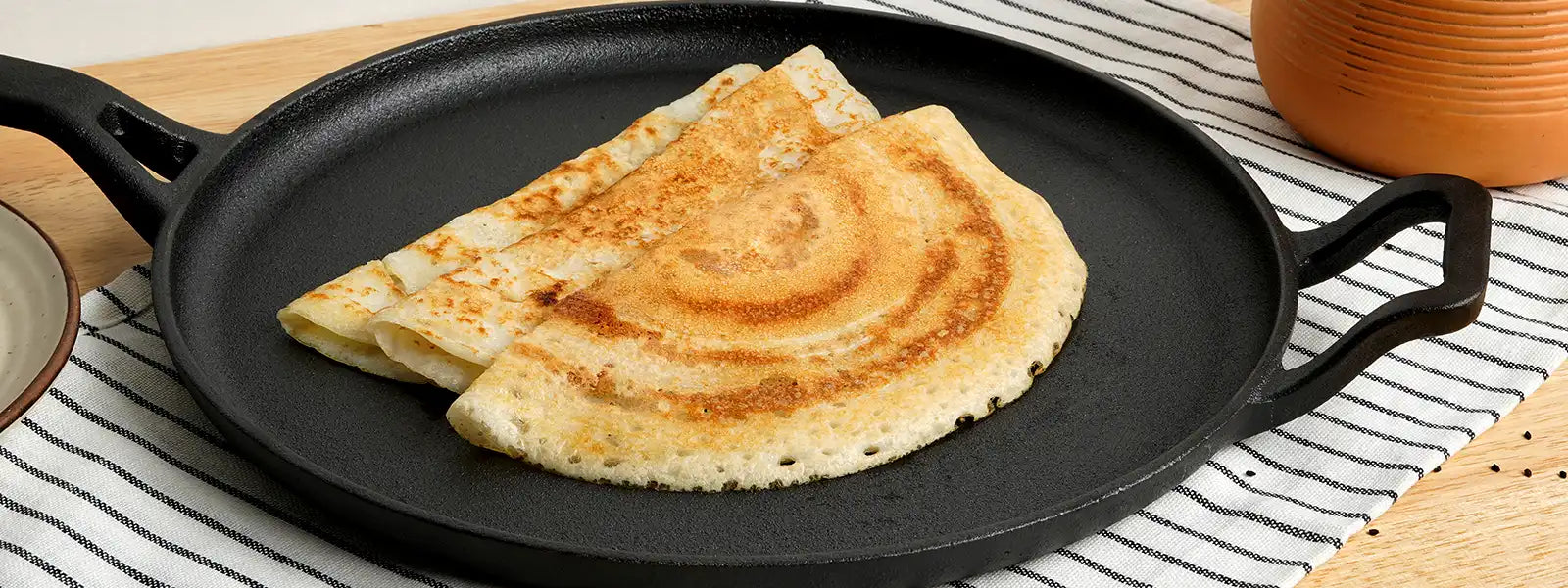

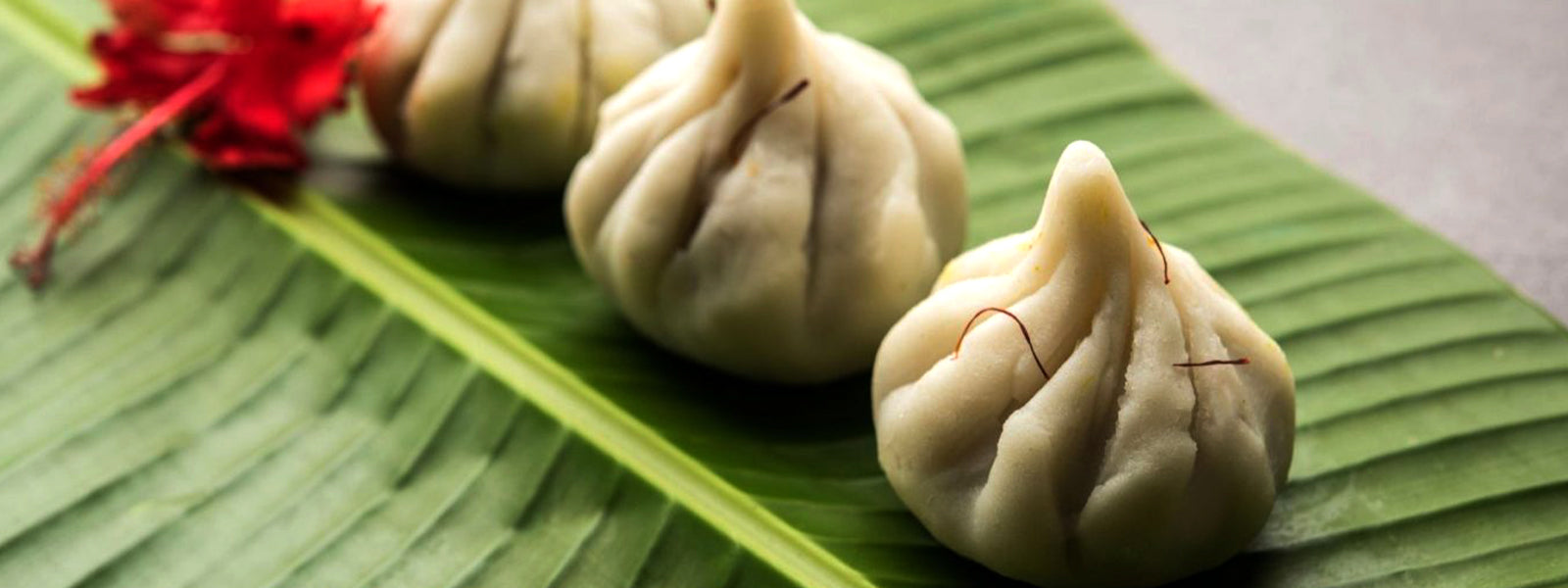
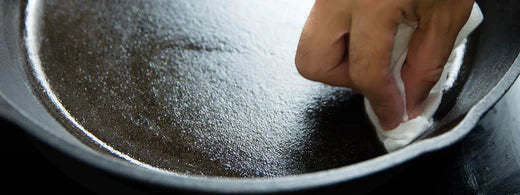

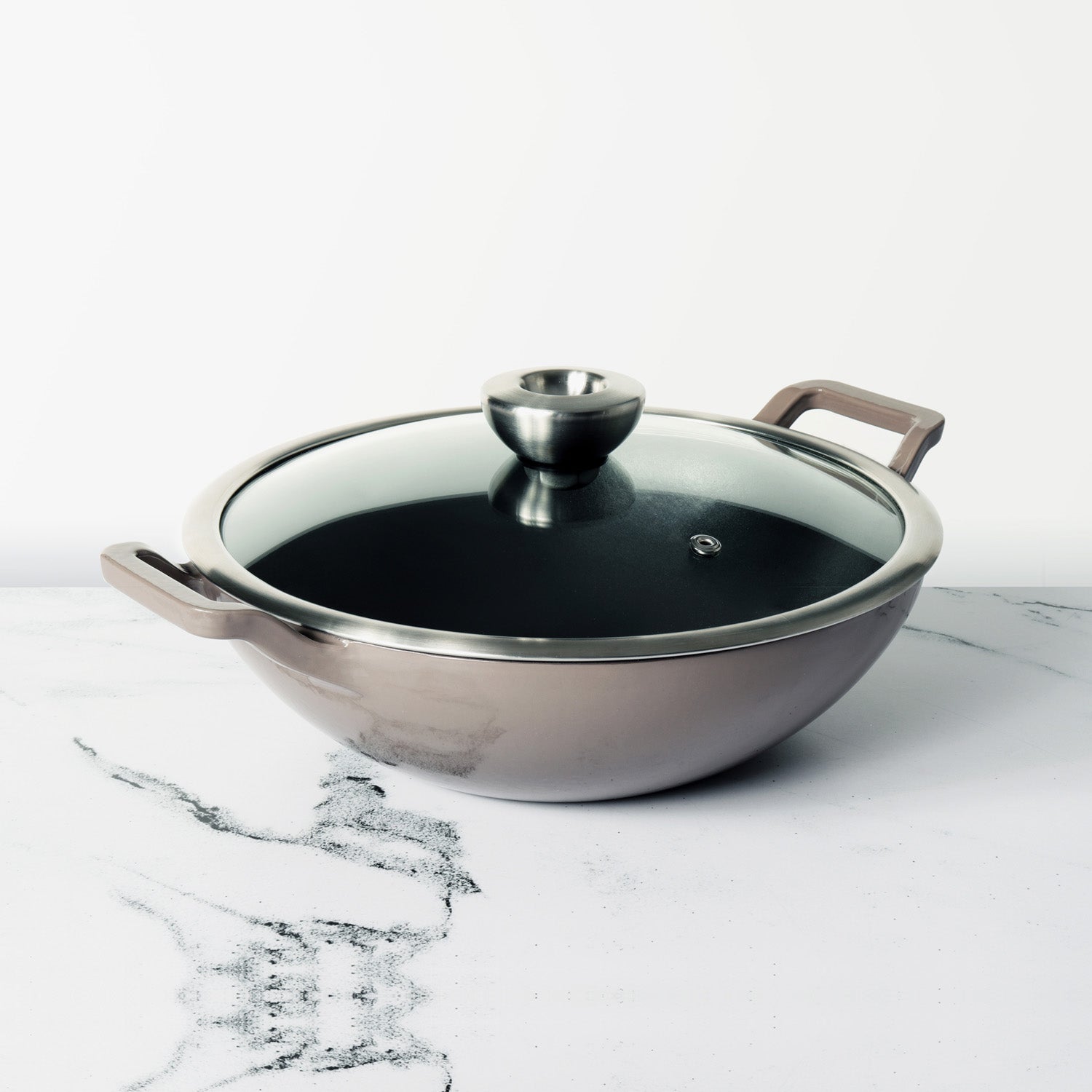
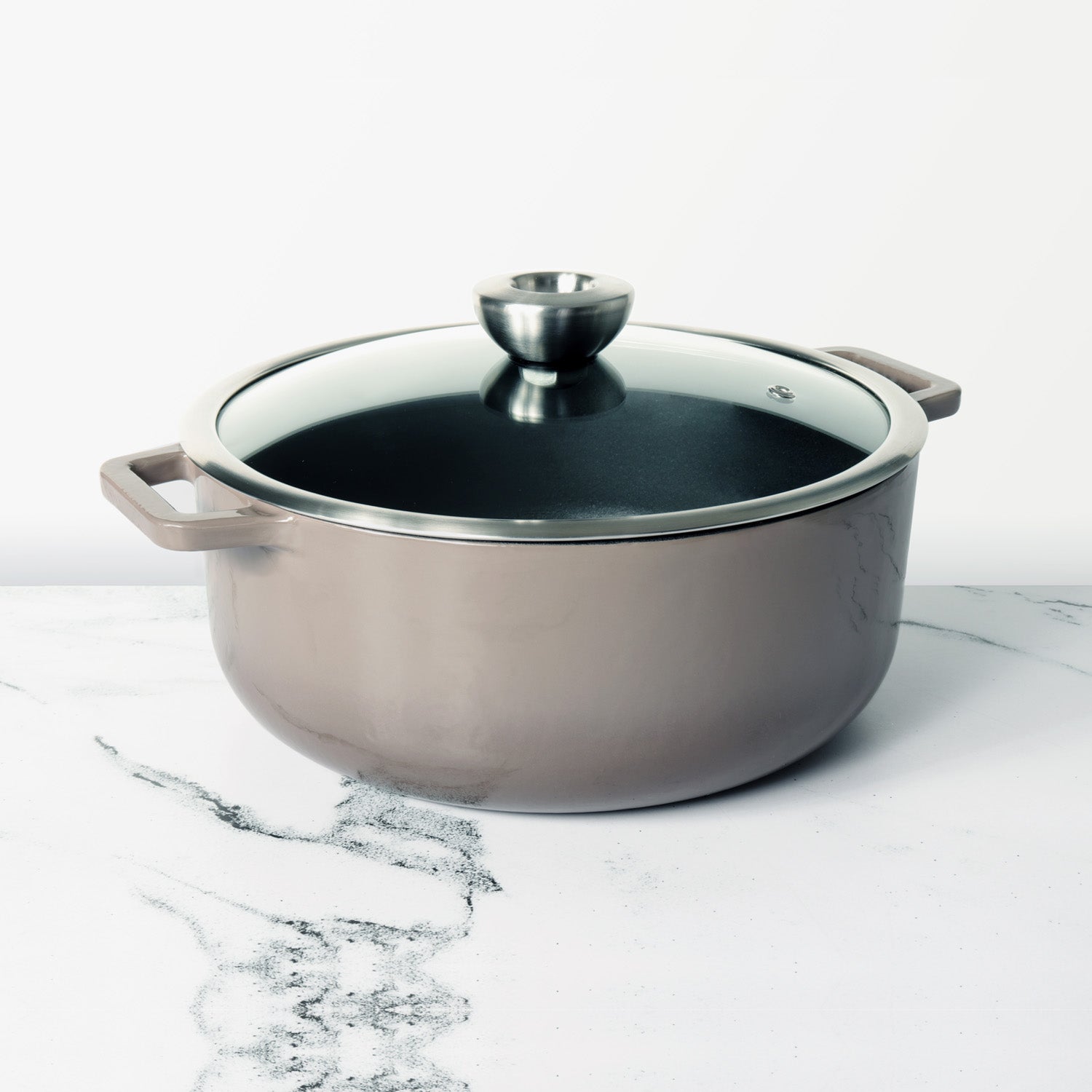




Leave a comment